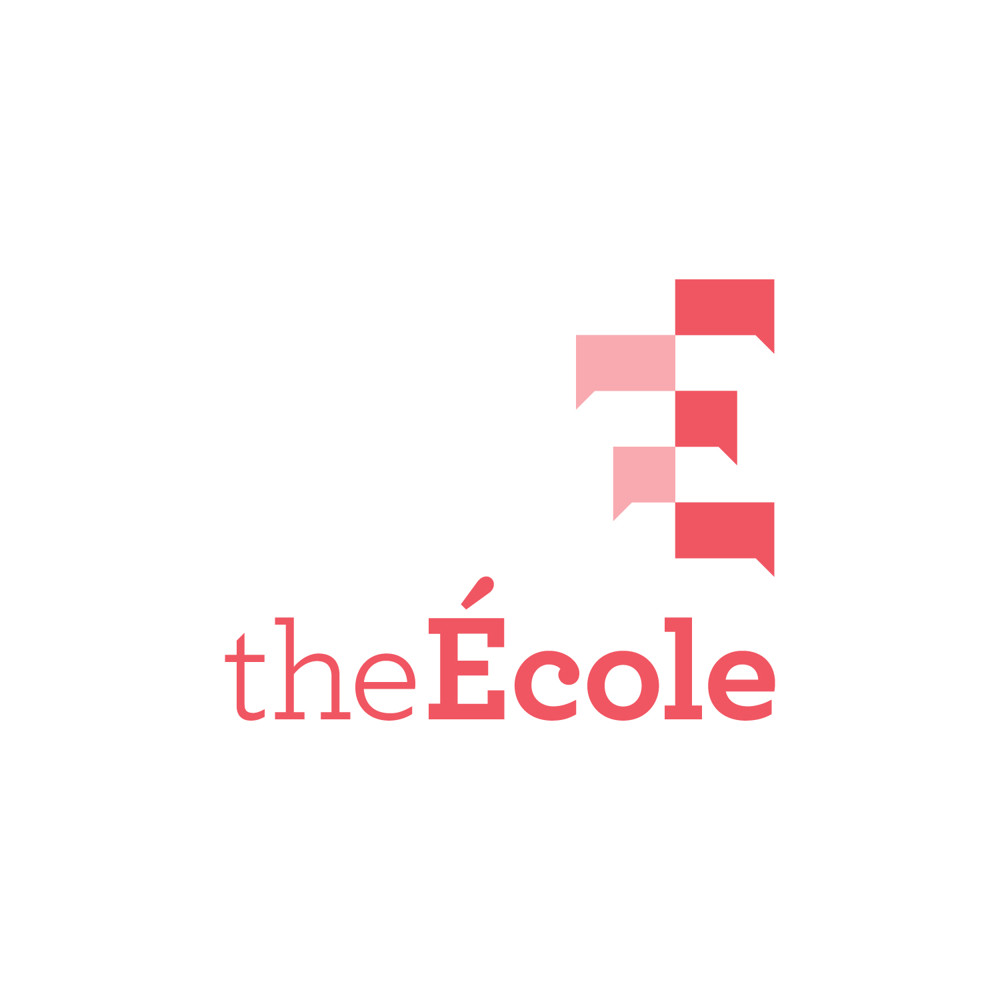
New Data Shows Kids Are Struggling with Reading—How You Can Help
Plus, 5 questions to ask your child's teacher to understand his strengths and weaknesses in reading
Get can’t-miss family activities sent to you!
Get the Best Kid-Friendly Activities
Sent to You Weekly!
RELATED: 11 Apps that Help Kids Build Reading Skills
But your work together at home must also be complemented by effective reading instruction in your child’s school. It is still relatively early in the school year, and parents can ask several key questions of teachers and administrators to help understand their children’s progress, strengths, and challenges. To start with, parents should ask their child’s teacher:
- Is my child at reading at or above grade level right now?
- If there are concerns with my child’s proficiency, how soon will you tell me?
- What is the reading curriculum you use, and how do you decide whether it's working?
- Do you use a specific instructional strategy for teaching reading? If so, what is it?
- Are there other clubs, activities, or optional classes that focus on reading and literacy that I should know about?
If your child is falling behind, work with his teacher to develop a plan to get him up to speed—a combination of projects and exercises that take place in the classroom and at home.
If you feel like you’ve exhausted your efforts to improve things, you might consider escalating the situation to a school administrator. If that does not work, consider a new school or learning environment for your child for the next school year, or sooner. Today, parents across the United States have more choices for their children’s schools than at any other time in history. These options—including traditional public schools, charter schools, magnet schools, online public schools, private schools, and home schooling—are plentiful in the New York metro area. But starting the school search process in the winter, such as during National School Choice Week (Jan. 26-Feb. 1, 2020), is far better than waiting until the spring or summer.
Reading is essential to student growth and lifelong success. It impacts every other subject. This week’s NAEP news is discouraging. But by asking informed questions, developing an at-home and at-school blended strategy, and sharing these tools with others, parents can work alongside teachers to give their children the best chances at success.






